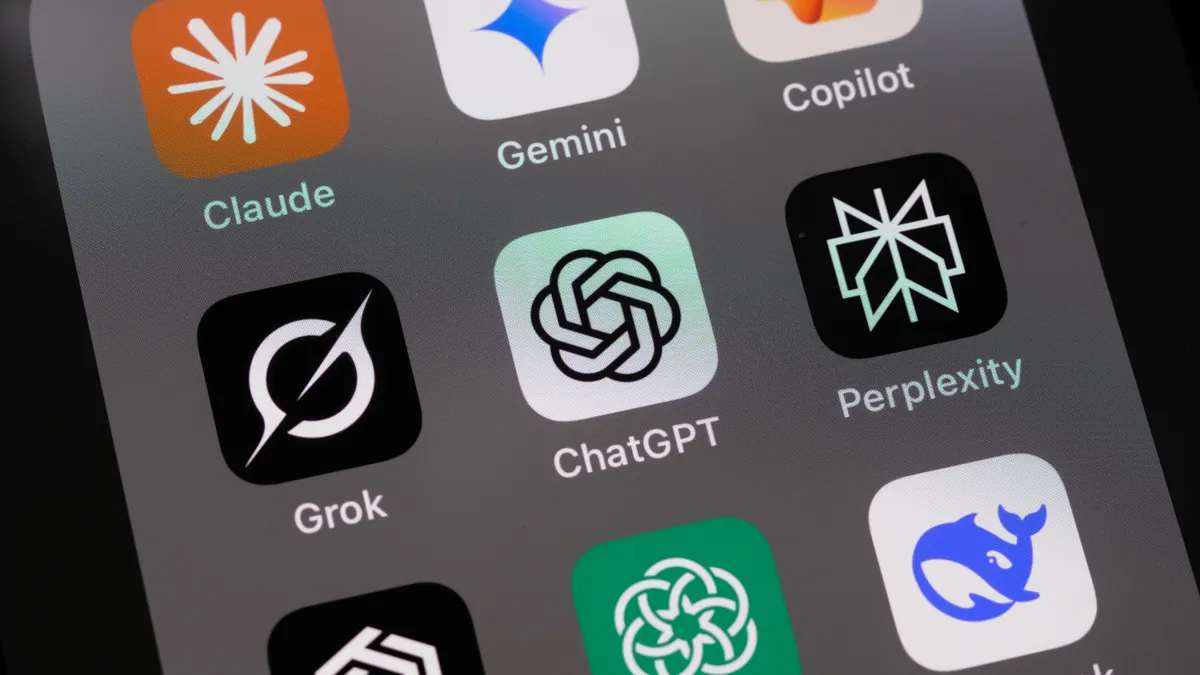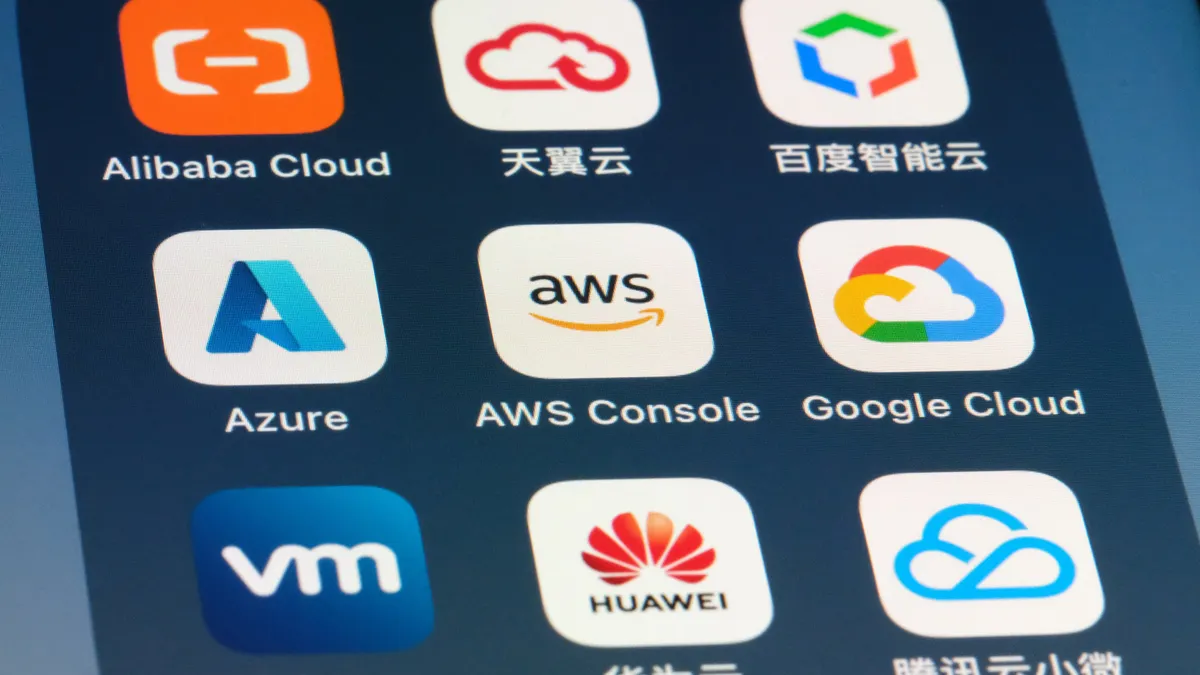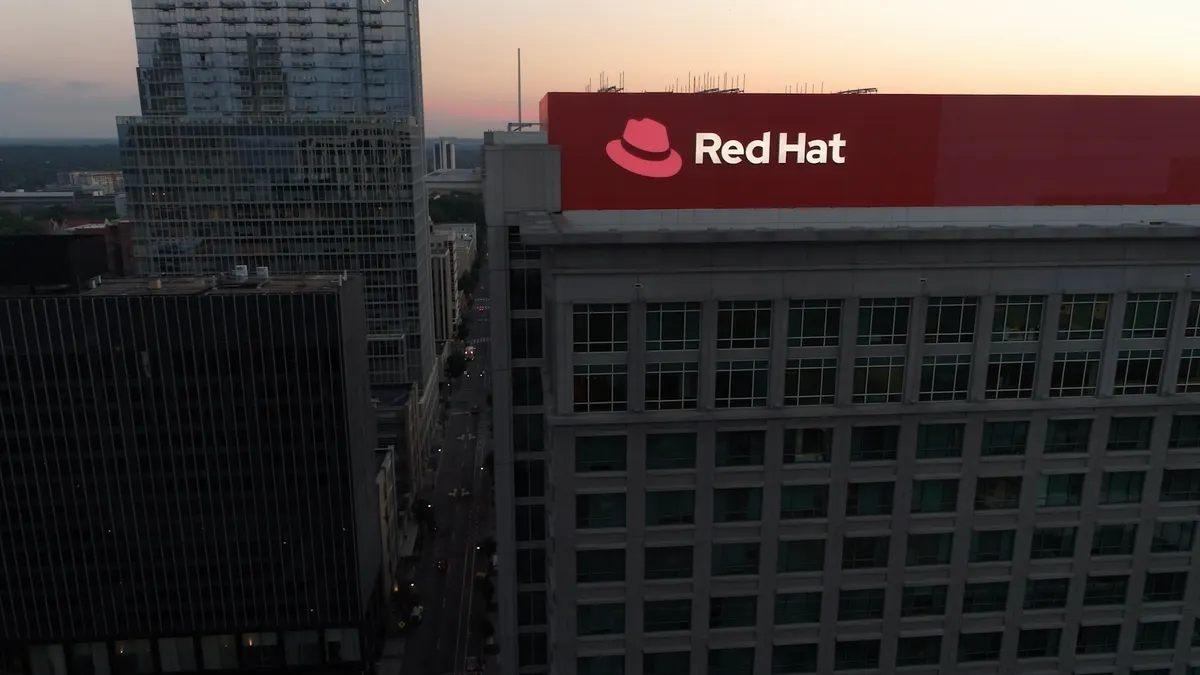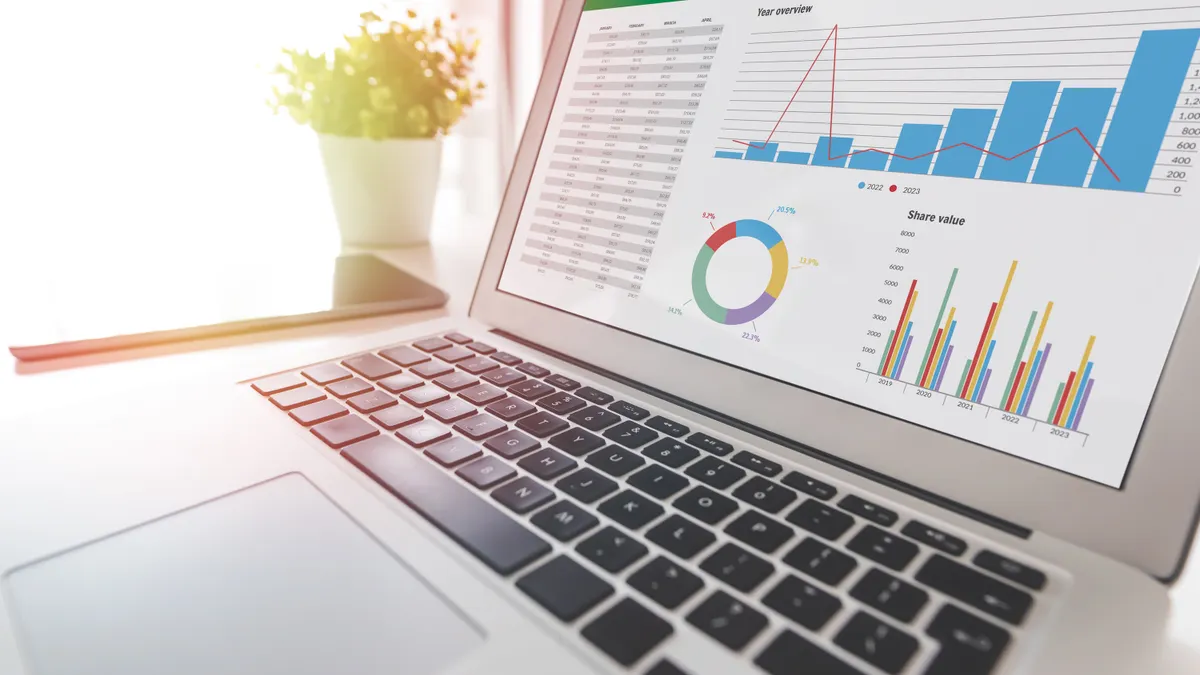Last year, Wal-Mart started testing a new way to track thousands of food packages shipped to various stores in an effort to improve food safety. The technology at play? Blockchain.
Wal-Mart said it believes blockchain could potentially speed up the process of identifying and removing recalled food. Currently, it can take days to find and remove a product once a customer becomes sick. Using blockchain, Wal-Mart receives a complete history of where food has been and its status at any given point along the way, so if there is a problem they can identify it immediately.
With blockchain, Wal-Mart will also be able to conduct more targeted recalls rather than pulling all products from the shelves when a recall is announced. If the test proves successful, it could change both how Wal-Mart monitors food and launches recalls.
"Not only is there opportunity for blockchain beyond fintech, but some other industries are already very active in blockchain."

David Schatsky
Managing director at Deloitte
Blockchain, the technology behind Bitcoin, is best known in the financial industry. But because blockchain technology helps guarantee information has a timestamp whenever any change happens, ensuring data can be trusted in real time, experts say the technology has potential for a wide range of uses in the enterprise.
"Not only is there opportunity for blockchain beyond fintech, but some other industries are already very active in blockchain," said David Schatsky, managing director at Deloitte. "Common application areas companies are interested in include securing and sharing health records and creating tamper-proof tracking mechanisms for clinical trials data and pharma supply chain information."
A recent Deloitte executive survey of blockchain-knowledgeable executives found 35% of executives at life sciences and healthcare firms said they planned to deploy blockchain in production in the coming year.
"We are also seeing significant activity in technology, media, and telecommunications industry; and consumer products and manufacturing," said Schatsky. "In this industry, there is interest in supply chain applications and, in some cases, in consumer-facing applications too. In fact, 32% of the consumer products and manufacturing execs said their company had invested at least $5 million in blockchain over the prior year."
What’s the appeal?
In a nutshell, Blockchain creates a trusted system of record that has never been possible before.
"If you have multiple parties involved in a transaction, you have to put in all sorts of precautions so in case fraud or some other lack of trust event happens, you are minimizing the damage," said Brigid McDermott, vice president of IBM’s Blockchain Business, which co-developed Wal-Mart’s blockchain application. "Whereas if you can assume from the beginning that trust is there, you can move forward much more efficiently."
"CIOs are in business to provide a trusted dataset and the tools to use that dataset. Blockchain simplifies the ability to trust that dataset."

Brigid McDermott
VP of IBM’s Blockchain Business
And of course, streamlined processes and better efficiencies result in cost savings. For example, IBM launched a blockchain-based system for global financing four months ago. Already, McDermott says they have seen a 75% reduction in the average number of days required to conduct related transactions and a 40% reduction in the amount of capital tied up in the process.
"CIOs are in business to provide a trusted dataset and the tools to use that dataset," said McDermott. "Blockchain simplifies the ability to trust that dataset."
For example, in government, healthcare or financial services, the ability to prove someone’s identity is critical.
"Right now, the ability to accurately and effectively share information like proof of identity is not there, so it adds cost, it adds complexity and it adds delay," said McDermott. "Blockchain changes all that."
Looking ahead
Not everyone thinks blockchain is headed for glory. Some analysts have said blockchain is more hype than reality. But businesses are buying in, and buying in big. In January, Deloitte opened its second client-focused blockchain lab in New York. The first opened last May in Dublin, Ireland.
Deloitte said the New York team will focus on "developing strategic blockchain capabilities and proofs of concept into functioning prototypes to create 'ready-to-integrate' solutions for financial services clients as well as other industries."
IBM has also made a big commitment to blockchain. Among several other blockchain-related activities, IBM is creating an "ecosystem" to help expedite the development of blockchain-based business applications and is a member of The Hyperledger Project, a cross-industry initiative to evolve earlier forms of blockchain technology by creating a standard, permissioned, open sourced and openly governed platform suitable for business and regulatory transparency.
Despite all this, it’s fair to say that blockchain is still at an early stage of development, and much has yet to be proven in terms of its ability to handle the demands of the enterprise before adoption can truly take off.
"CIOs aren’t going to take a chance running business critical infrastructure on something that can't handle the load, or can't handle the security risk," said McDermott. "We know there is work to be done and that we need to do this right from the beginning."
"Unsurprisingly, there is a severe skills shortage. Companies should train their technical and business people in blockchain to get ready to put it to use."

David Schatsky
Managing director at Deloitte
Still, it seems just a matter of time before blockchain hits its stride in the enterprise.
In advance of that anticipated acceleration, McDermott suggests CIOs begin thinking about their ecosystem.
"I think with blockchain we're going to see the importance of the network," said McDermott. "It's like the old joke if you have only one telephone, it's a really nice paper weight. Blockchain on its own is basically just a database with a different name. But, when you have multiple parties you have something that is incredibly valuable. CIOs should really start thinking about what their role could be in creating and shaping ecosystems that are being enabled by blockchain."
Another thing CIOs can do to prepare for blockchain is to invest in developing blockchain talent.
"Unsurprisingly, there is a severe skills shortage," said Schatsky. "Companies should train their technical and business people in blockchain to get ready to put it to use."



















